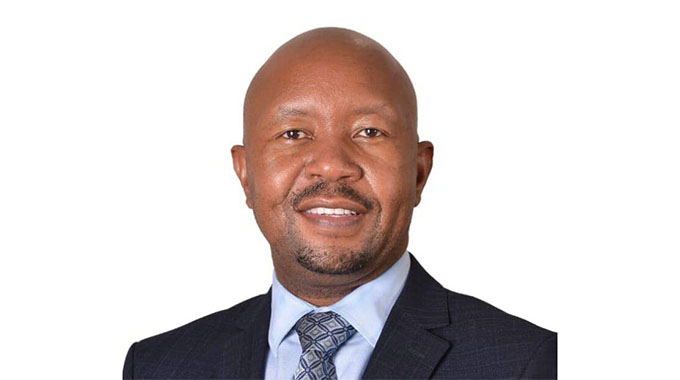
THE Health and Child Care ministry has finally found its voice and broken the silence over the sugar tax revenue it got from the Treasury.
In a letter to Kantor and Immerman Legal Practitioners, the lawyers representing the Zimbabwe Association of Doctors for Human Rights (ZADHR), said Health secretary Aspect Maunganidze acknowledged receiving a letter from the rights doctors demanding an account of what cancer drugs and equipment have been procured from such surtax to date and to which hospitals these have been distributed.
Maunganidze’s letter, dated June 19, 2025, was also copied to the Zimbabwe Media Commission’s acting secretary Brian Mangoro.
He also gave a breakdown of how much they had received from the Treasury and what they had allocated it to.
“The Ministry of Health and Child Care received a budgetary allocation of US$30 million earmarked for the procurement of cancer treatment equipment,” he said.
“In accordance with the applicable Public Procurement laws and regulations, the equipment was grouped into Lots 1 to 7 and a competitive tendering process was undertaken.
“All requisite procurement stages namely commercial, technical, and financial evaluations were duly conducted.”
Added Maunganidze: “Pursuant thereto, the following awards were made and approved by the Procurement Regulatory Authority of Zimbabwe, (PRAZ): Lot 1: Supply of two multi-energy linear accelerators, and Lot 5: Supply of two wide bore CT simulators to Select Healthcare (Private) Limited for a total contract sum of US$18 882 640,27, inclusive of VAT [value-added tax].
- News in depth: Zim’s deadly mix of anthrax, cholera and drought alarms World Health Organisation
- Furore over ‘vague’ Medical Services Amendment Bill
- Come clean on sugar tax revenue, rights doctors tell govt
- Human rights doctors decry poor working conditions at Sally Mugabe Hospital
Keep Reading
“Lot 2: Supply of two low-energy linear accelerators, was awarded to Sate Wave Technologies for a total contract value of US$8 390 400.”
The Health ministry chief executive officer said lots 3, 4, 6, and 7 did not meet the requisite technical specifications and, as such, the “ministry shall initiate a re-tendering process in respect thereof, in line with established procurement laws and regulations”.
However, he did not specify what lots 3, 4, 6 and 7 were meant to cover.
“The cancer treatment equipment referenced above, are intended for installation at central hospitals located in Harare and Bulawayo,” Maunganidze said.
“The anticipated delivery period is 36 weeks from the date of issuance of the respective purchase orders/contract to allow for manufacturing, shipping, installation, and commissioning of the equipment in question.”
ZADHR has been pressing the Health ministry demanding “an account of what cancer drugs and equipment have been procured from such surtax to date and to which hospitals these have been distributed”.
The rights doctors made the request for access to information in terms of Section 7 of the Freedom of Information Act [Chapter 10:33].
In January, the Health ministry dismissed assertions by the rights doctors that they had received a letter when the doctors requested information on the use of sugar tax revenue.
In that same January letter, Maunganidze was evasive over whether they had received the US$30,8 million, as claimed by Finance secretary George Guvamatanga, and instead said: “The Ministry of Health and Child Care has identified the need to procure critical cancer treatment machines, which have not been available in the health sector since 2018.
Finance minister Mthuli Ncube introduced the special tax on sugar content in beverages in November 2023, but it only kicked in last year.










